Can I Get Addicted to Tramadol?
Yes, tramadol has the potential for addiction, even when used as prescribed. Tramadol acts on the central nervous system by binding to opioid receptors and increasing levels of certain neurotransmitters. This mechanism not only provides pain relief but can also lead to psychological dependency and physical tolerance. Long-term use, higher doses, or misuse can increase the risk of addiction, necessitating careful monitoring by healthcare professionals to manage and mitigate this risk effectively.
How Long Does Tramadol Last in Your System?
Tramadol can last in the body for different durations depending on the formulation used, the individual’s metabolism, and other factors. Typically, the immediate-release form has a half-life of around 5 to 7 hours, meaning it can linger in the system for approximately 1 to 2 days. In contrast, the extended-release form can extend this duration. Detection windows vary across different drug tests, with urine tests usually detecting tramadol for up to 4 days after the last dose.
Can You Overdose on Tramadol?
Yes, it is possible to overdose on tramadol. Tramadol overdose may result in symptoms such as slowed or difficulty breathing, severe drowsiness, muscle weakness, or loss of consciousness. It affects the central nervous system, potentially leading to fatal respiratory depression. Immediate medical attention is crucial in the event of a suspected overdose, and naloxone treatment may be administered as an emergency intervention for opioid overdoses.
Can You Take Tylenol with Tramadol?
In many cases, healthcare professionals do allow the combination of Tylenol (acetaminophen) with tramadol, as these medications can work together to enhance pain relief without significantly increasing the risk of side effects seen with other opioid combinations. However, because individual health situations vary, it is vital to consult a healthcare provider before combining these medications to ensure safety and prevent any potential interactions or side effects.
Can You Drink Alcohol with Tramadol?
Alcohol should generally be avoided while taking tramadol due to the risk of serious interactions. Both tramadol and alcohol depress the central nervous system, and their combined effects can lead to increased dizziness, drowsiness, impaired cognitive and motor functions, and potentially life-threatening respiratory depression. To ensure safety and avoid adverse effects, it is crucial to adhere to medical advice and refrain from consuming alcohol during tramadol treatment.



























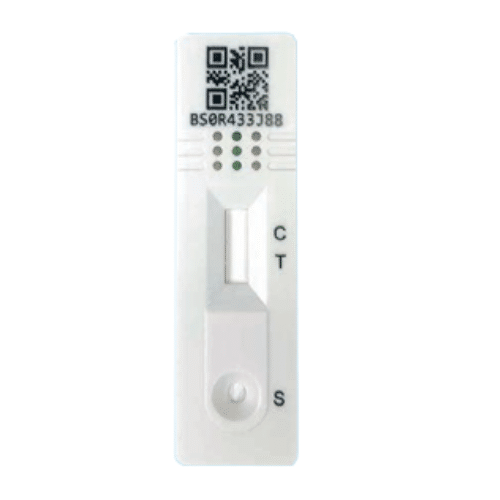
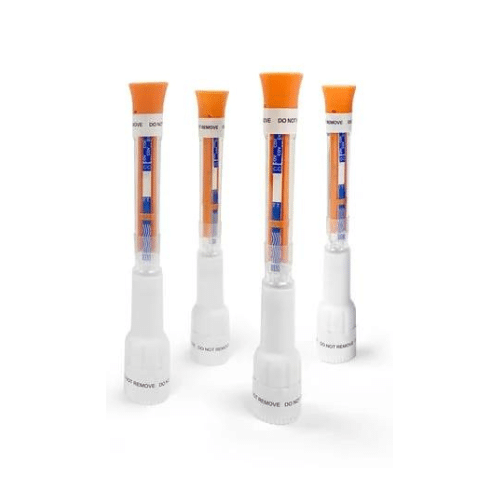











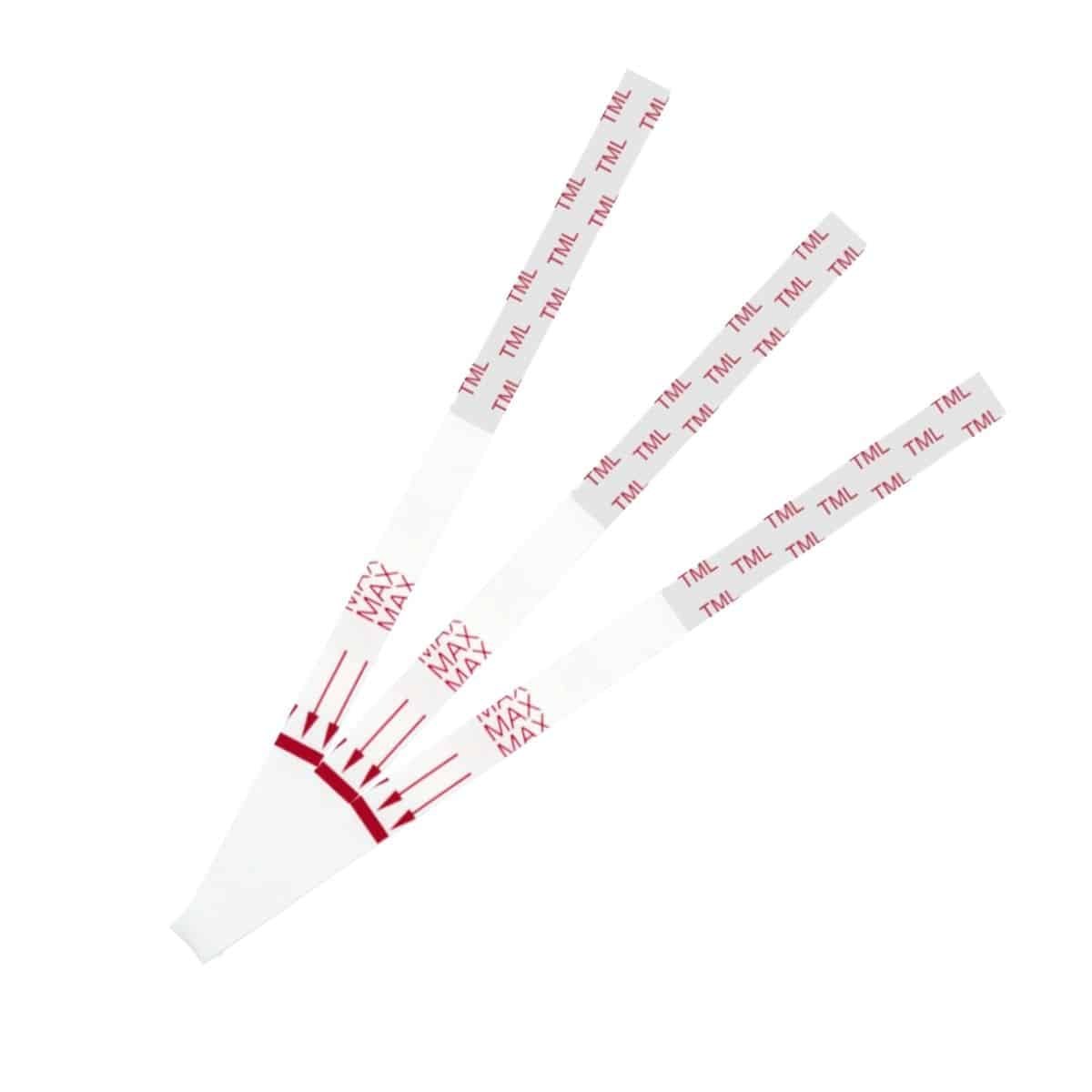
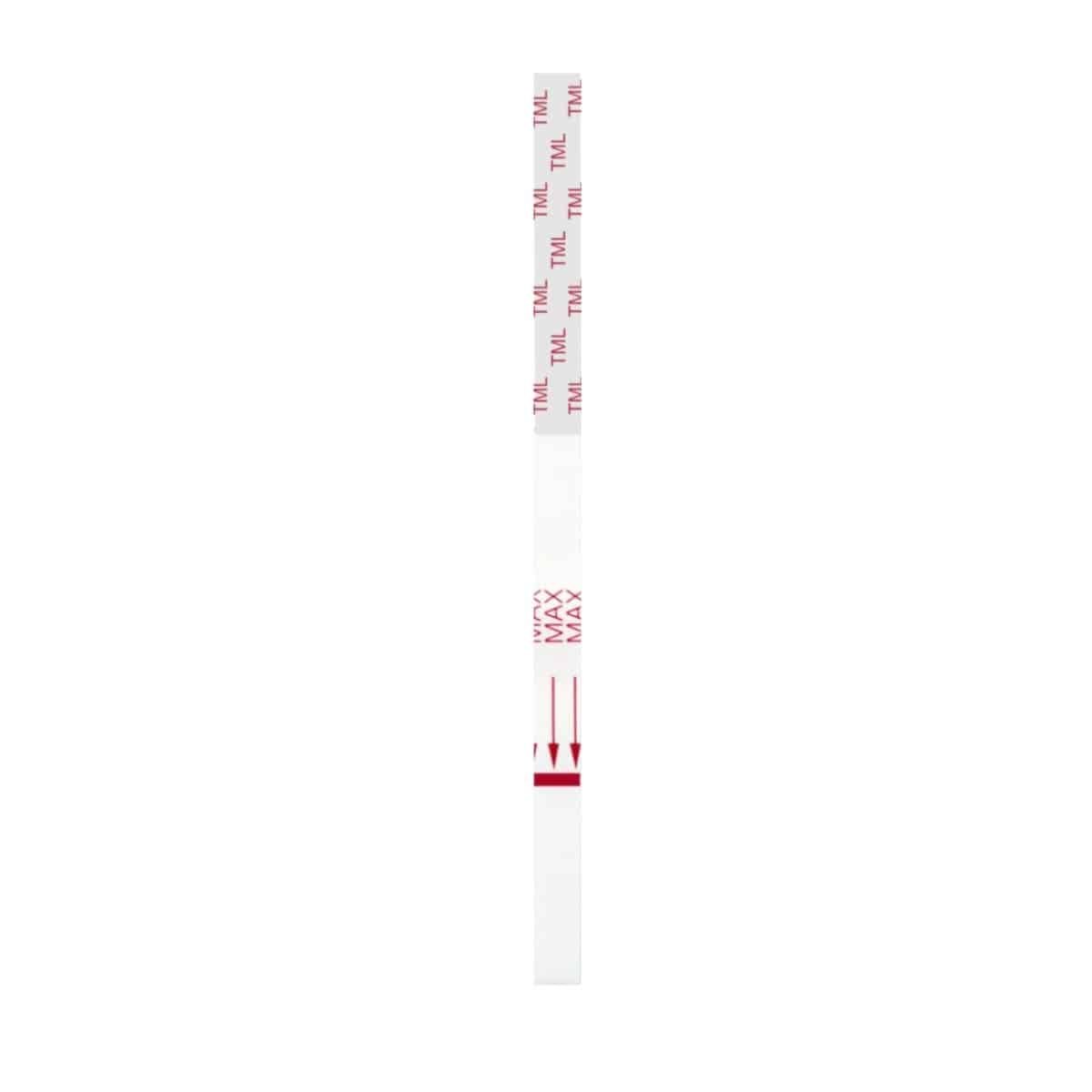
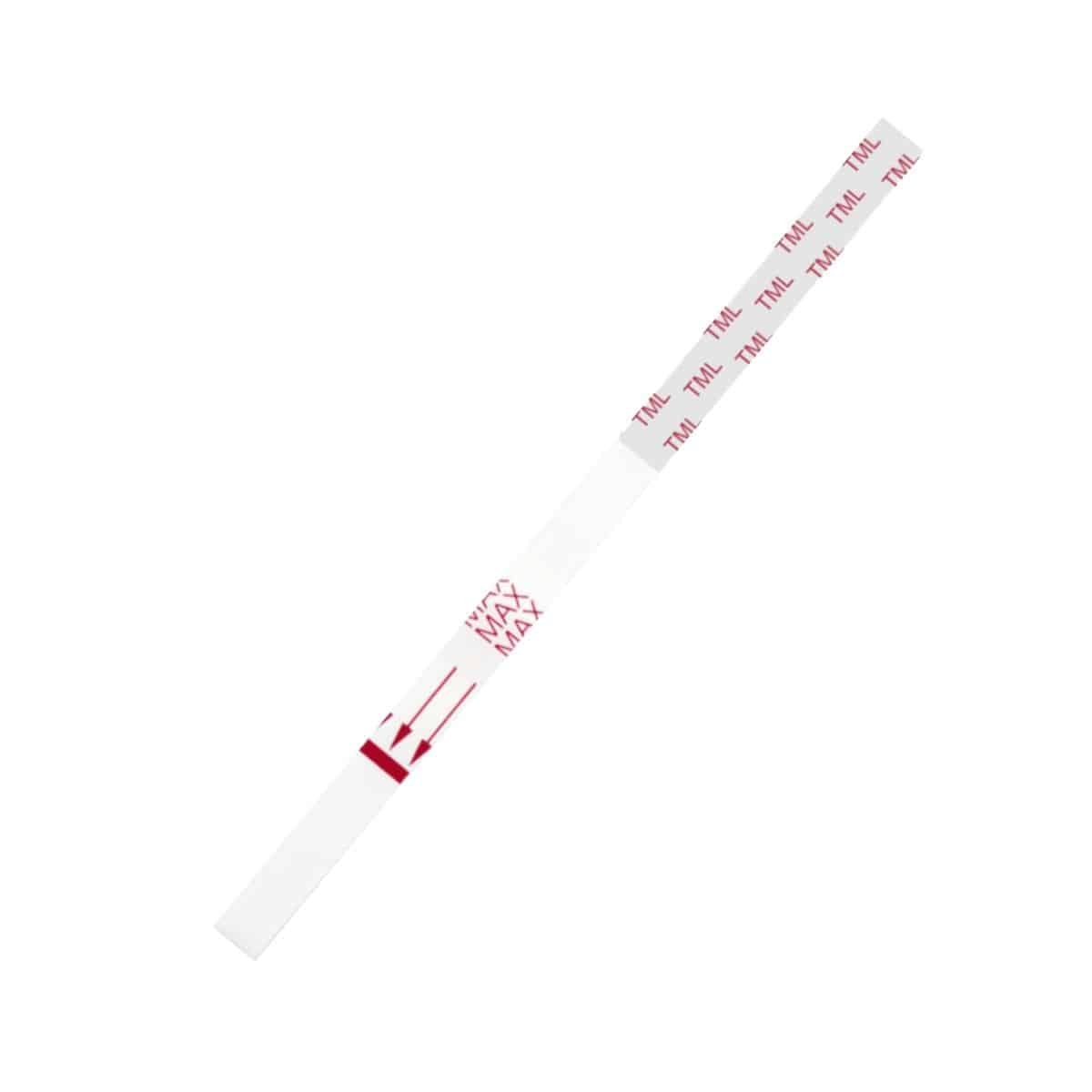
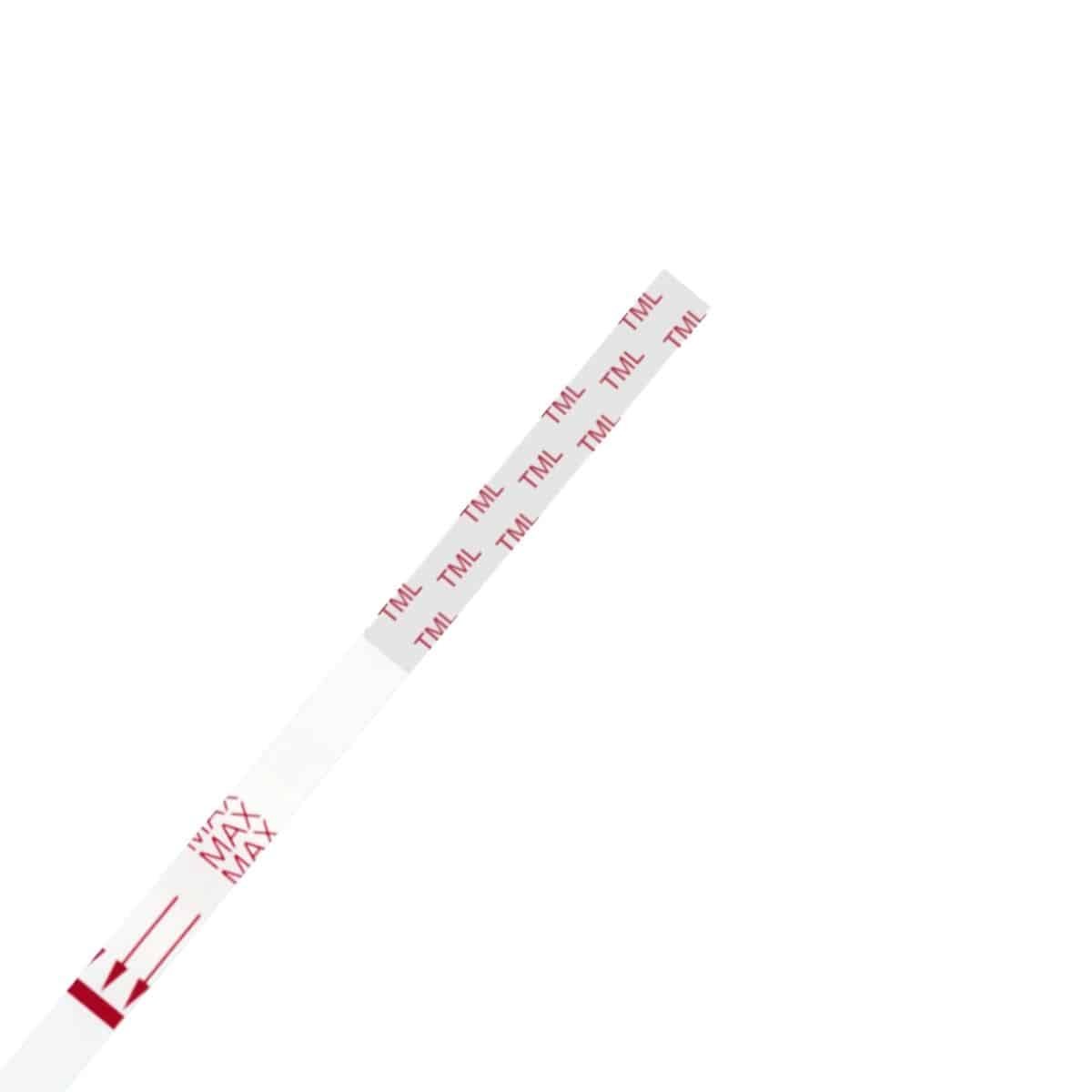







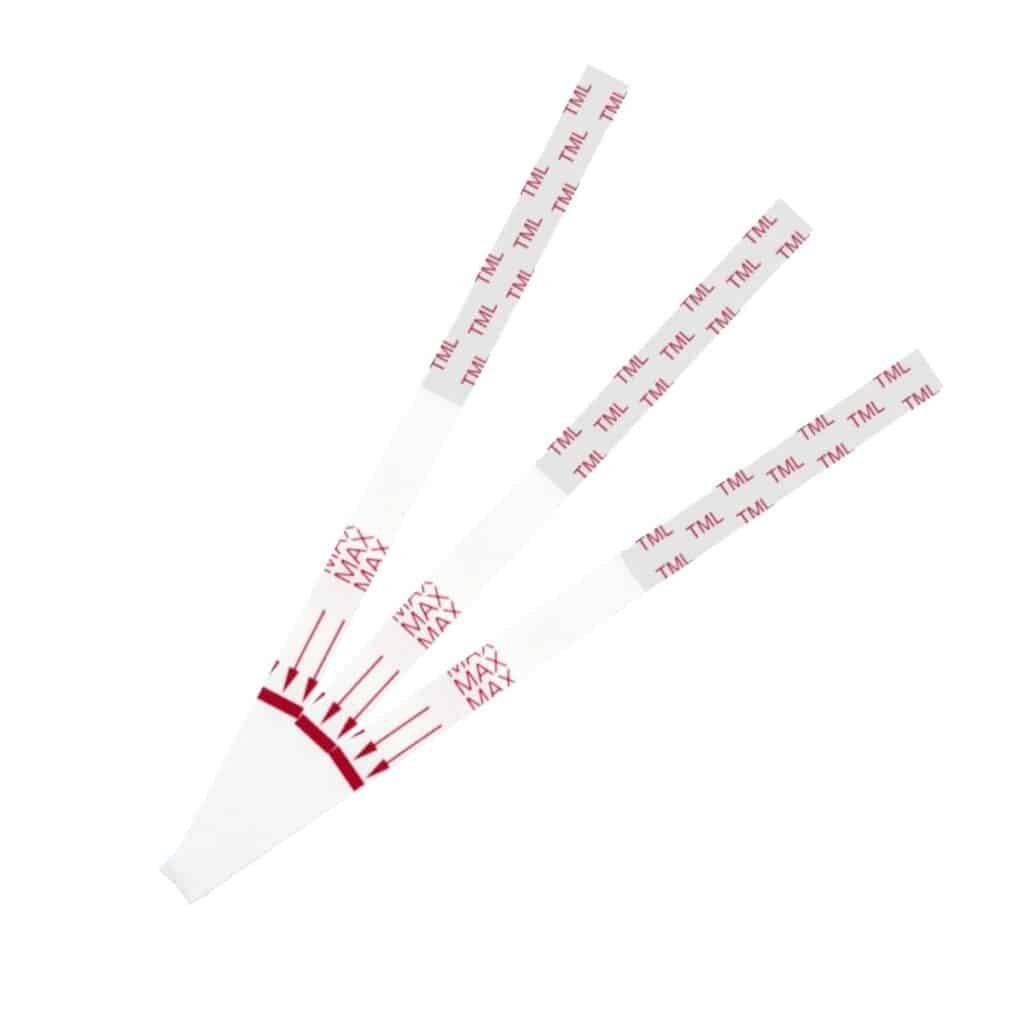




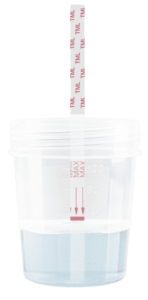



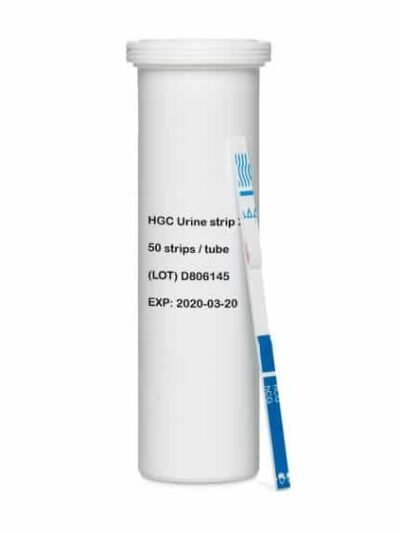
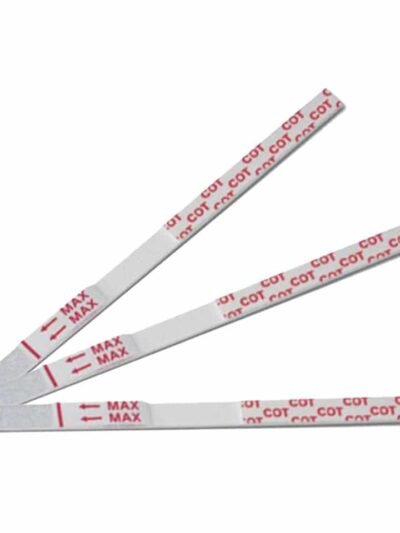

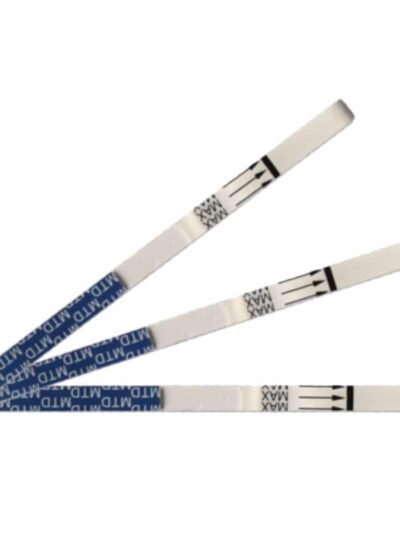

Reviews
There are no reviews yet.